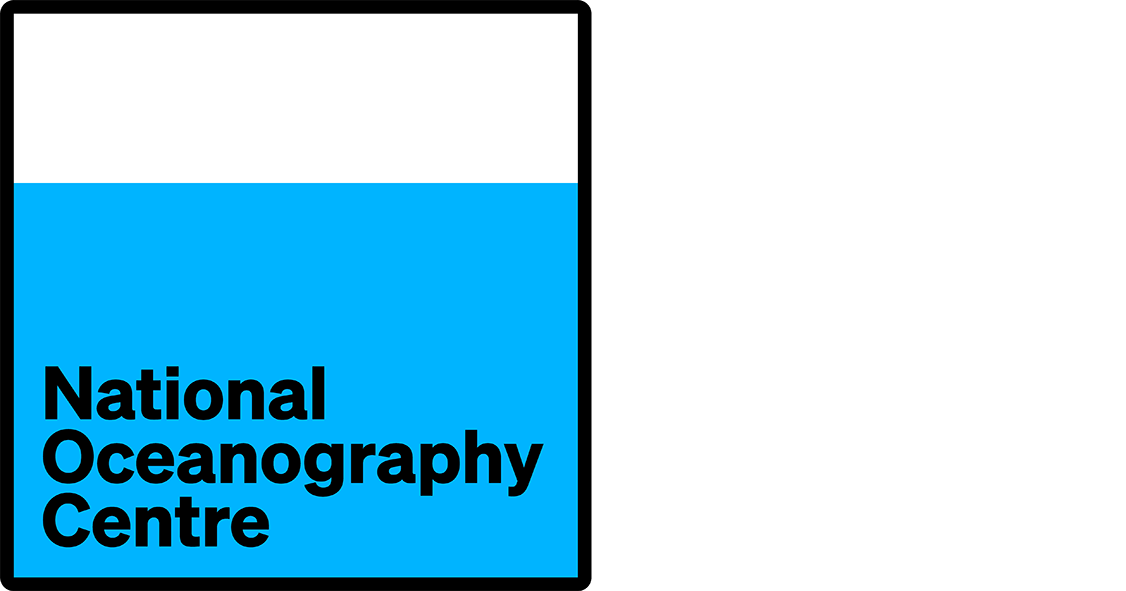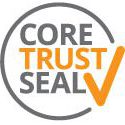- Resources
- Inventories
- EDMED
- Report
- 1603
Environmental and biological data of Baltic Monitoring Programme (BMP) (1979-)
Data set information
| Query EDMED |
| General | |
| Data holding centre | Maritime Institute in Gdansk, Department of Ecology |
| Country | Poland  |
| Time period | From May 1979 - 1995 |
| Ongoing | No |
| Geographical area | Southern Baltic; the Polish economic zone: 1979-1985: 12 stations near the border of Polish economic zone (7 stations in the open sea, 4 stations in the Gulf of Gdansk, 1 station in the Pomeranian Bay); 1986 onwards: 3 stations located in the central parts of Gdansk (BMP L1) and Bornholm Deeps (BMP K2), in the southern part of the Gotland Basin (BMP K1), and 5 stations in the coastal shallow water (BMP K10 - K14) |
| Observations | |
| Parameters | Chlorophyll pigment concentrations in water bodies; Dissolved oxygen parameters in the water column; Nitrate concentration parameters in the water column; Nitrite concentration parameters in the water column; Phosphate concentration parameters in the water column; Primary production in the water column; Salinity of the water column; Horizontal velocity of the water column (currents); Secchi disk depth; Temperature of the water column; Solar Radiation; Alkalinity, acidity and pH of the water column; Phytoplankton taxonomic volume in water bodies; Phytoplankton taxonomic abundance in water bodies; Phytoplankton taxonomic biomass in water bodies |
| Instruments | Plankton nets; pH sensors; in-situ incubators; fluorescence microscopes; spectrophotometers; current meters |
| Description | |
| Summary | One of the main objectives of the BMP-HELCOM is the observation of changes taking place in the marine environment, particularly resulting from human activity. Within the scope of the project in 1979-85, DAE IEP coordinated systematic, interdisciplinary control in the Polish economic zone of the Baltic Sea. Monitoring of basic biological parameters has been carried out by the staff of the DAE IEP up until now, whereas monitoring of hydrological and hydrochemical parameters has been carried out by the Institute of Meteorology and Water Management in Gdynia. The pelagic samples are taken 4-6 times a year (zoobenthos samples 1-2 times a year) at the same sampling stations. In 1979-1985, 13 stations were controlled. Since 1986, 3 deep-water stations and 5 coastal stations (macrozoobenthos only) have been sampled. Zooplankton is sampled using the method of vertical hauls from 2-4 water layers. Phytoplankton is sampled from layer 0-10m. Depth sampling series are taken for other pelagic parameters. Both in situ and incubated primary production are measured. Toxic substances in mussels, and in livers of herring and cod are determined. In 1989-1994, a study of marine bacteria at 3 open-sea stations was carried out. As far as biological parameters are concerned, species composition, abundance and biomass are determined. The methods of sampling and sample analyses are in accordance with the HELCOM-BMP Guidelines. The results of the analyses are sent to EDC in Helsinki. The following data sets are available in DAE IEP: - hydrological, hydrochemical, biological and fish contamination with toxic substances from 1979-85; - biological data set and fish contamination with toxic substances from 1986-91; - biological data (without primary production) - 1992 until the present. Only the biological data have been input in the computer database MONITOR. It contains data of chlorophyll-a concentrations, abundance and biomass of the organisms for each sampling, recalculated for 1 m**3 in the case of pelagic parameters and for 1 m**2 in the case of macrozoobenthos. It includes some 2000 samplings with the name of the station, date, depth of sampling or hauling range specified. The remaining data are stored in DAE IEP in the typescript tabular format. The long period of data collection and regularity make the data considerably comparable. The data collecting reliability is being periodically controlled during international workshops and intercalibrations. The data are used for elaboration of periodic assessments of the state of the Baltic Sea environment and for prognosis of the future changes in the biocenosis of the Baltic Sea. NOTE: Hydrological and hydrochemical data sets are also available in the Institute of Meteorology and Water Management in Gdynia, Poland. |
| Originators | Maritime Institute in Gdansk, Department of Ecology |
| Availability | |
| Organisation | Maritime Institute in Gdansk, Department of Ecology |
| Availability | Licence; organisation; by negotiation |
| Contact | Dr. Lidia Kruk-Dowgiallo (Head of the department) |
| Address | Maritime Institute in Gdansk, Department of Ecology |
| Telephone | +48 58 5520094 |
| Facsimile | +48 58 5524613 |
| lidia.kruk-dowgiallo@im.gda.pl | |
| Administration | |
| Collating centre | Institute of Meteorology and Water Management National Research Institute, Poland |
| Local identifier | 21002001 |
| Global identifier | 1603 |
| Last revised | 2009-01-19 |

